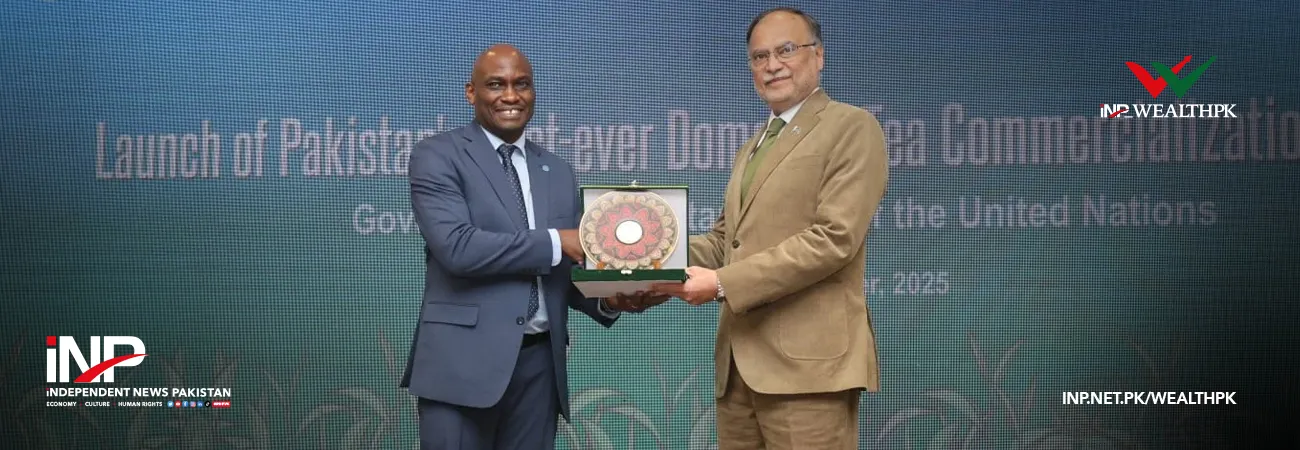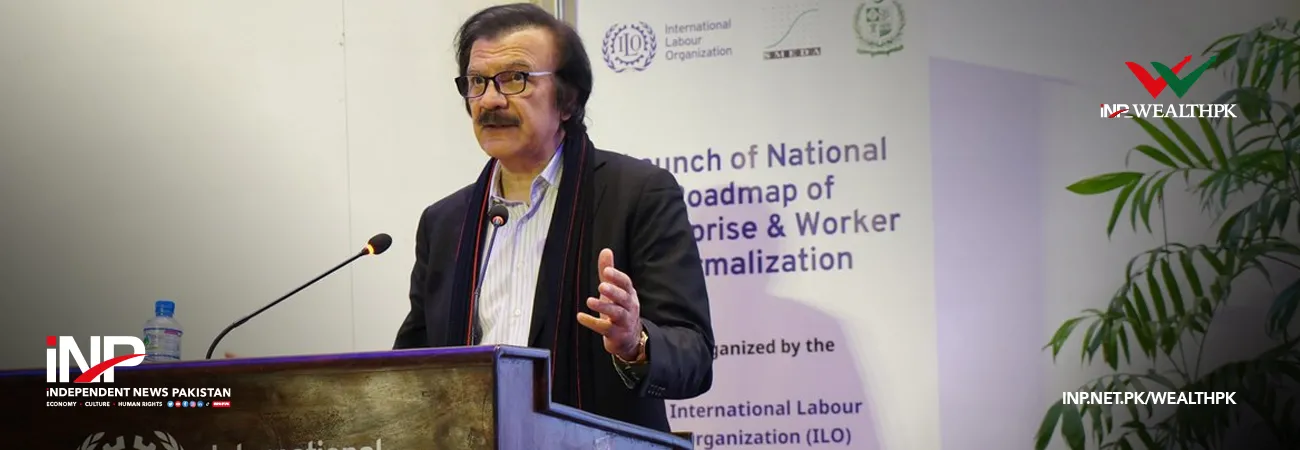INP-WealthPk
Ayesha Saba
Thegovernment needs to address the flaws in the Pakistan’s taxation system in order to enhance revenue collection and meet the growing expenditure requirements. These issues include a low tax base, inefficiencies within the tax system and ineffective tax rates. Dr Usman W Chohan, a renowned economist and adviser at the Centre for Aerospace & Security Studies, told WealthPK thatPakistan’s perennial low tax-to-GDP ratio isoften accentuated by ineffective tax rates, low tax base or inefficient tax system. He called for overcoming these issues to improve tax collection. Pakistan’s tax to GDP ratio declined to 6.7% during the first nine months (July-March) of the last fiscal year 2022-23 as compared to 7.2%over the same period of the earlier fiscal. Tax-to-GDP ratio is a key indicator of the fiscal health of a country since it indicates what portion of its economic output is collected in taxes.
“An effective tax rate does not hurt demand and consumption.A non-effective tax rate adversely affects net income and purchasing power of people,” noted Usman W Chohan. He suggested keeping in mind the people’s purchasing power while deciding income tax rates because different segments have different income levels. He noted that the purpose of the effective tax rate isnot only to increase revenue, but also to ensure equal distribution of income, boost economic activities, and create employment opportunities. “It doesn’t affect investment and cost of production.” Usman W Chohan stressed that the Federal Board of Revenue needs to focus on the untaxed sectors and bring them into the tax net instead of burdening the already taxed sectors, including the salaried class. “The salaried class in Pakistan has long borne the brunt of iniquitous taxation.
By contrast, there are several major sectors of the economy that are not within the tax system but are considerable sources of revenue, such as agriculture, retail markets, and real estate.” The economist pointed out that Pakistan hasa large informal economy, which isthe main reason for low tax base. “FBR needs to conduct a comprehensive study about the informal sectors of the economy to bring them into the taxnet,” he said. “In order to achieve inclusive and sustainable growth, we need to implement a rational tax policy to transform our current fiscal deficit into surplus,” he suggested. He said that it isbecoming increasingly difficult for the less privileged to cope with the burden of unjust taxes, whereas the rich and mighty paylittle but enjoyextraordinary perks and privileges.
Credit: INP-WealthPk













